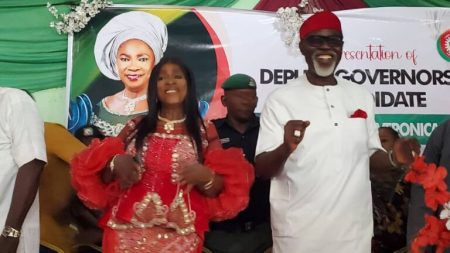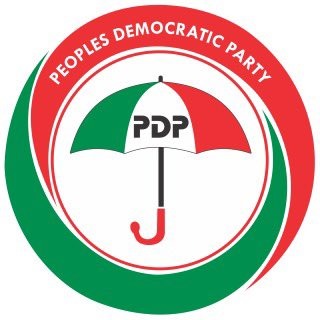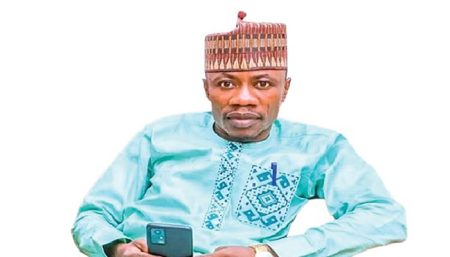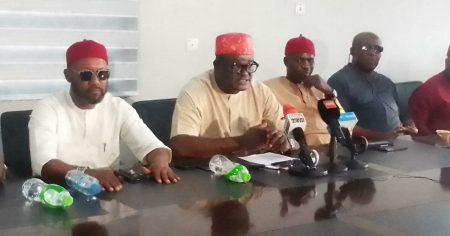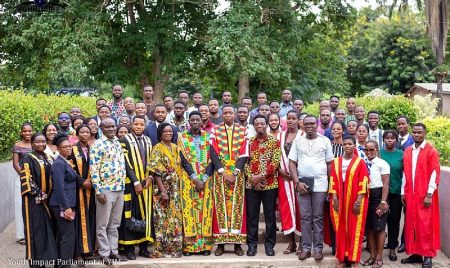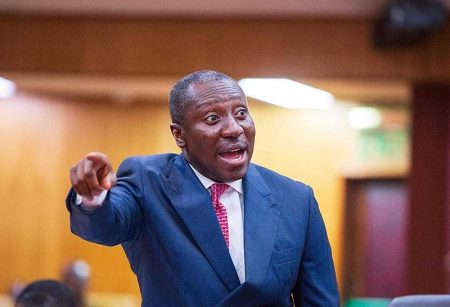The recent decision by President John Dramani Mahama to grant clemency to 64 radio stations, including prominent pro-New Patriotic Party outlets like Wontumi FM and Asaase Radio, has sparked a debate about its true motivations. The stations were initially shut down by the National Communications Authority (NCA) for alleged regulatory breaches, a move that drew considerable criticism. While the President’s directive, communicated through the Minister for Government Communications, Felix Kwakye Ofosu, emphasizes the importance of regulatory compliance within a framework that protects media freedom, some, like Minority Leader Alexander Afenyo-Markin, view the clemency as a politically calculated move aimed at damage control rather than a genuine commitment to press freedom.
Afenyo-Markin, while initially opposing the NCA’s actions, has characterized the President’s intervention as a response to public backlash and a maneuver designed for positive optics. He suggests the clemency is a superficial attempt to mitigate criticism and regain public favor. This perspective paints the President’s decision as a reactive measure, driven by political expediency rather than a principled stance on media regulation and freedom. The timing of the announcement, following widespread condemnation of the NCA’s actions, lends credence to this interpretation, suggesting that the government was sensitive to the negative public perception and sought to quickly address the issue.
The Minority Leader further contends that the issue should have been resolved internally within the government before being publicly announced. He argues that the public display of the President overruling the NCA suggests a lack of coordination and potentially undermines the authority of the regulatory body. This internal disagreement, according to Afenyo-Markin, was then strategically leveraged through a public statement of clemency to project an image of responsiveness and concern for media freedom. The implication is that the government prioritized managing public perception over adhering to established internal processes and respecting the NCA’s regulatory role.
The debate surrounding the President’s decision underscores the delicate balance between regulatory oversight and the protection of media freedom. While the NCA’s initial action to shut down the stations was justified based on alleged regulatory violations, the subsequent clemency raises questions about the consistency and transparency of the regulatory process. The perception of political influence in media regulation, coupled with the public nature of the President’s intervention, fuels concerns about the government’s true commitment to an independent and vibrant media landscape.
The unfolding situation highlights the complexities of media regulation in a politically charged environment. The government’s actions are open to multiple interpretations, with some viewing them as a necessary correction of regulatory overreach and a defense of media freedom, while others see them as a calculated political maneuver. The lack of clear communication and transparency surrounding the entire process has only served to deepen the divide and fuel speculation about the true motivations behind the President’s decision.
Ultimately, the lasting impact of this incident will depend on how the government addresses the underlying issues of regulatory clarity and consistency. Rebuilding trust and ensuring a truly independent media environment requires a commitment to transparent processes, open dialogue, and a demonstrable respect for the role of the media in a democratic society. The government’s future actions in this area will be closely scrutinized, as they will be indicative of its genuine commitment to fostering a free and vibrant media landscape.







